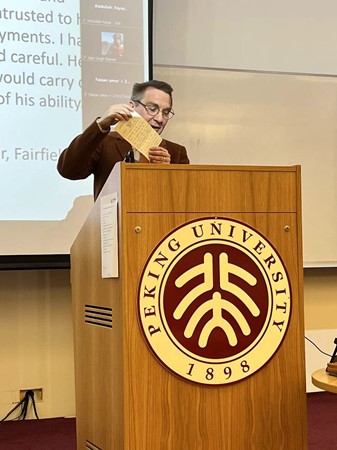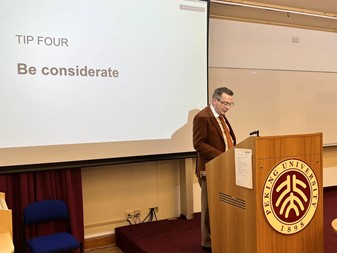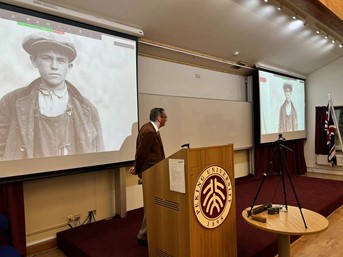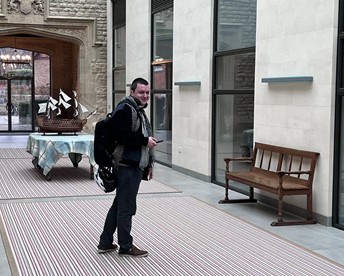In the face of a tumultuous challenge from social media, email has retained its crown as the most respected method of computerised communication. Emails are an excellent way to convey complex and important information. Used skilfully, they build strong connections between individuals and enhance teamwork. However, what makes a great email stand out in someone’s inbox, heralding a promising relationship, or a business opportunity? How does email etiquette differ from talking on the telephone or sending text messages with emojis?
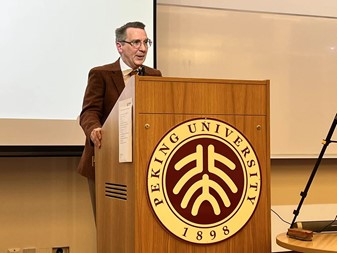
On 16 March 2022, the UK Campus had the wonderful opportunity to learn about email communication in a masterclass led by Mr Duncan Bartlett, an experienced journalist who has worked for ITN, the BBC and the Economist. Mr Bartlett is also a Research Associate at the SOAS China Institute, where he makes a weekly podcast, ‘China In Context’. On top of that, Mr Bartlett is also the Editor of Asian Affairs magazine, Indo-Pacific Editor for the Kooteneeti (“Diplomacy”) website in India and Editor of Japan Story. To add to his impressive list of credentials, Mr Bartlett is also a teacher of diplomacy and current affairs for the Economist Executive Education course - A New Global Order.
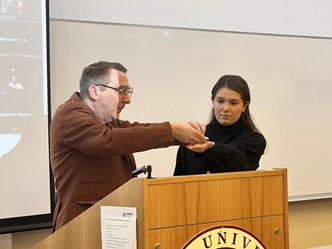
In this lively interactive seminar, Mr Bartlett used a recommendation letter by Mr Augustus Smith, Headmaster of Fairfield Secondary School in 1916 to his grandfather Mr William Bartlett as a central theme to introduce to our students a number of techniques which are used by professionals to reach out to people in business, government and the entertainment industry.
One of the key takeaways of the masterclass was how Mr Bartlett talked about emotions in email communications. Many of us forget that we are communicating with another human being on the receiving side of the email and we often write with emotions – when we are happy, sad, or upset. He reminded all of us that we need to be considerate in our emails; do not respond to an email when you are angry or upset. Cool down, wait a few days, then come back to the email. Never send an angry email.
Other brilliant tip Mr Bartlett offered in his masterclass was to include “a call to action” in your emails. Think about how you want your recipient to respond to your email and suggest an action. This would, more often than not, generate a response to your email, which is what we all want!
We at the UK Campus thanks Mr Bartlett for showing us the finer art of crafting a business email, particularly one in which we would like our potential employers, business partners, or contacts to open our emails, and respond to it. It was an incredible learning experience and very engaging masterclass!


